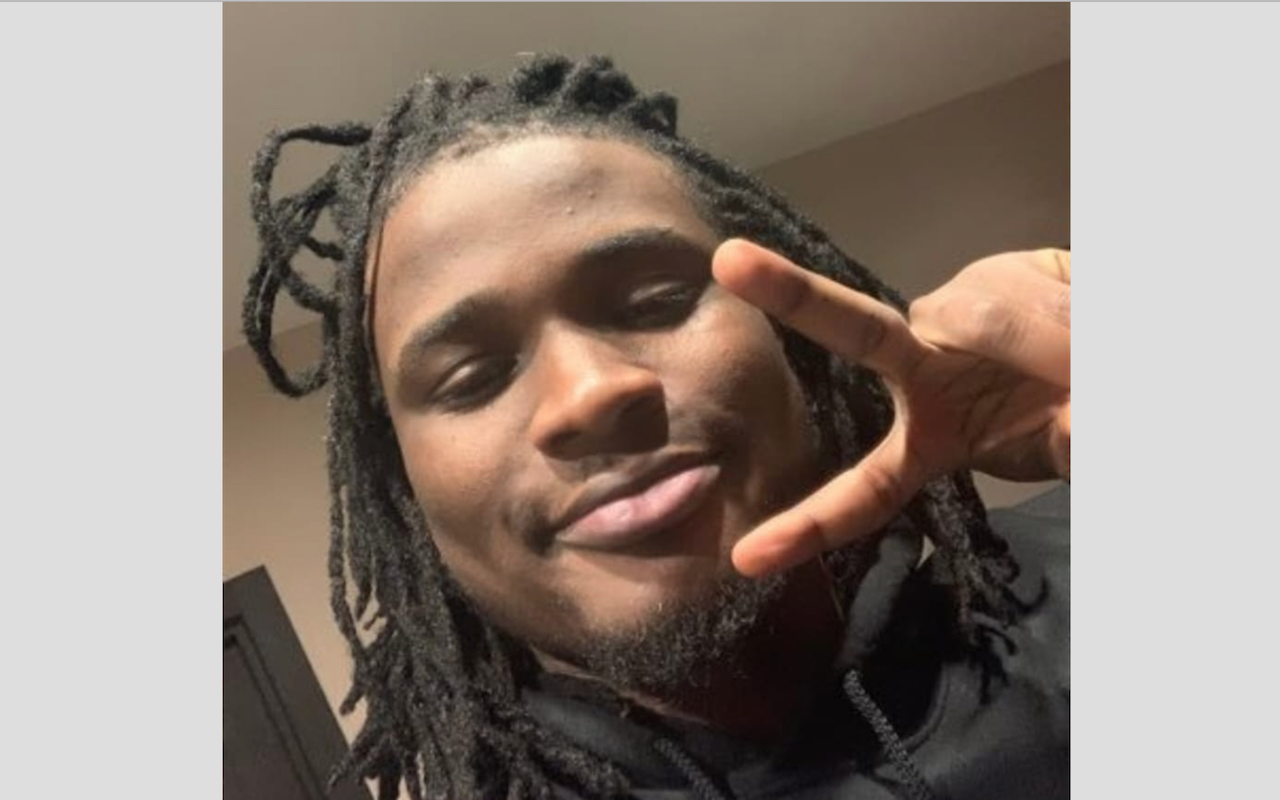The Russian invasion of Ukraine has been especially hard for people fleeing the war-torn country who are of African descent and look like the average Barbadian.
And, according to a respected pan-Africanist and academic at the University of the West Indies (UWI), the treatment of black people caught in the Eastern Europe is relevant to the Caribbean struggle.
Barbados TODAY spoke with Nigerian student Alexander Sonto Orah – a 25-year-old who was living in the Ukrainian capital, Kyiv and studying Management at the State University of Telecommunications when the Russians invaded.
“I was hearing the blasts. I didn’t know where it was coming from but my building was shaking… and I just wanted to run away,” Alexander recalled.
Hours into the February 24 invasion Ukrainian students started fleeing the city. This was the cue for many foreign students, including Alexander, to pack their bags and head to the nearest train station. That is where he experienced the first round of discrimination.
“They were allowing mostly Ukrainians and other white people on the train before they allowed Africans. They were only allowing a few Africans – like three, after they had already packed up the other Ukrainians,” said Alexander.
“We started shouting and telling them ‘you said women and children first. Why are we not seeing you allowing African women?” he recalled.
After a standoff with authorities the African women were promised places on the next train. Alexander said when some African males attempted to enter the train, police were called in to chase them out of the cabin because the section they were in was “only for Ukrainians”.
This was particularly strange because no one was taking passports to identify Ukrainians. They were only being identified based on their appearance and their ability to speak the Ukrainian language.
Eventually, Alexander boarded a train to Lviv near the border to Poland, which is where the Nigerian ambassador had instructed them to go. There, they were again denied entry to a train bound for Poland.
They then took a taxi to an area near the border before walking the rest of the way where Ukrainians offered them food and water.
But when they reached the Ukrainian side of the border, the discrimination continued and refugees were divided based on their ethnicity.
“I asked some people what was going on and they told me ‘foreigners on one side and Ukrainians on the other side’,” said Alexander.
On the so-called foreign side were northern Africans, western Africans, Indians and Middle Easterners. Further enquiries revealed that many of the ‘foreigners’ had been there for as many as three days and according to Alexander, protests were met with hostility.
“One of the soldiers brought out his gun and cocked it and told us that if we don’t go back he’s going to shoot. We raised our hands up and told him that we are students, we are innocent and we just want to go home,” said Alexander.
“We started asking them ‘do you want us to fight your war?’ Because they were moving like 100 Ukrainians first and then moved two or three Africans and other foreigners.”
Eventually, the Ukrainians manning the border said the Africans would have to go to the border with Slovakia. But some of them including Alexander forced their way to the Polish side of the border where they were welcomed with opened arms.
Alexander, who was at a hotel in the Polish capital Warsaw, said that prior to the state of emergency in Kyiv, racism was not particularly common, except from some landlords who would explicitly state that no Africans were welcomed.
“If it’s Europeans it’s no problem, they will allow it, but no Africans. If it’s other westerners like Americans, once you’re not black they’re going to allow you but once you are black they will not allow you,” said the 25-year-old.
Alexander’s account is consistent with stories shared by other African people on social media.
“We have a tendency to think that racism no longer exists and this is a clear case, akin to some of the treatment that black people would have faced in the past,” Dr Rodney Worrell, history lecturer at the University of the West Indies told Barbados TODAY.
On one hand, he believes the developments expose a lack of influence on the part of African majority nations on the global stage.
The Nigerian government last week condemned the treatment of thousands of its students and citizens.
However, Dr Worrell believes that a more active diplomatic organisation representing African majority nations on the world stage, would have a more effective voice.
He added that Caribbean Pan-Africanists ought to be more vocal about global injustices, taking their example from heroes like Marcus Garvey, CLR James and George Padmore.
“This is what makes the struggle and it is why we have to call out injustice and show solidarity, because today it is you and tomorrow it is me,” said Dr Worrell.
“This is why the struggle went beyond North America to become a global struggle. I think that even though we may not experience overt racism, we have a tendency to want to deny that there’s no racism here.”
kareemsmith@barbadostoday.bb




